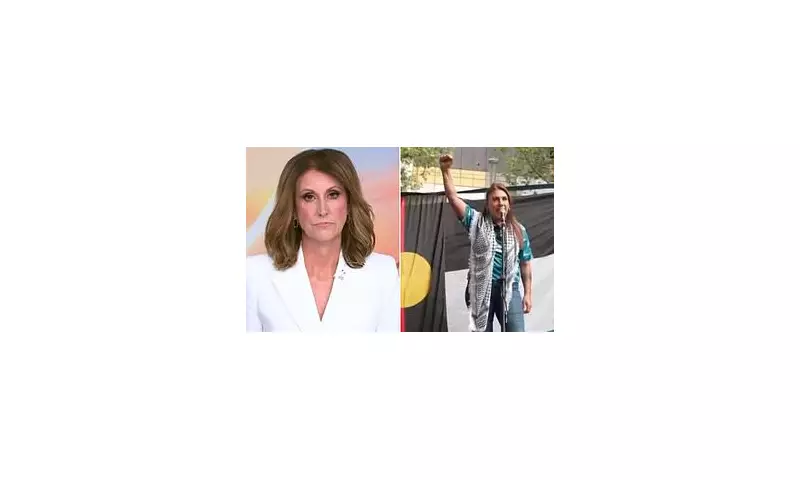
Melbourne's city centre became the stage for a dramatic political confrontation as Independent Senator Lidia Thorpe led a passionate pro-Palestine protest that directly targeted two senior government ministers.
Ministers Cornered in City Street
The fiery demonstration saw protesters surround Social Services Minister Amanda Rishworth and Environment Minister Tanya Plibersek as they attempted to navigate Melbourne's busy streets. Chants of "Free, free Palestine" and "Shame" echoed through the CBD as the politicians found themselves at the centre of an impromptu protest.
Senator Thorpe, a prominent Indigenous activist and independent political figure, could be seen at the forefront of the action, passionately articulating the protesters' demands for Australia to take a stronger stance against Israel's military operations in Gaza.
Heated Exchanges Capture National Attention
Video footage from the scene shows tense exchanges between the ministers and protesters, with Ms Rishworth attempting to engage in dialogue while being repeatedly interrupted by chants and demands. The Environment Minister appeared visibly uncomfortable as the crowd pressed in, their voices rising in unison.
"You're complicit in genocide!" one protester could be heard shouting, reflecting the increasingly heated nature of the debate surrounding Australia's position on the conflict.
Growing Pressure on Labor Government
This public confrontation represents the latest escalation in pressure on the Albanese government regarding its handling of the Israel-Palestine conflict. The incident highlights the challenges facing moderate Labor politicians as they navigate competing demands from different community groups and political factions.
Senator Thorpe's prominent role in the protest underscores her continued influence as a grassroots campaigner, despite her departure from the Greens party earlier this year. Her ability to mobilise supporters and command media attention remains undiminished.
Security Concerns and Political Fallout
The incident raises questions about minister security during public appearances and the increasing willingness of protest groups to directly confront politicians in urban settings. As the conflict in Gaza continues, similar demonstrations are likely to test the government's balancing act between different community expectations and foreign policy positions.
Political analysts suggest that such public confrontations may become more frequent as community groups seek to leverage the political influence of crossbench figures like Senator Thorpe to advance their causes.





